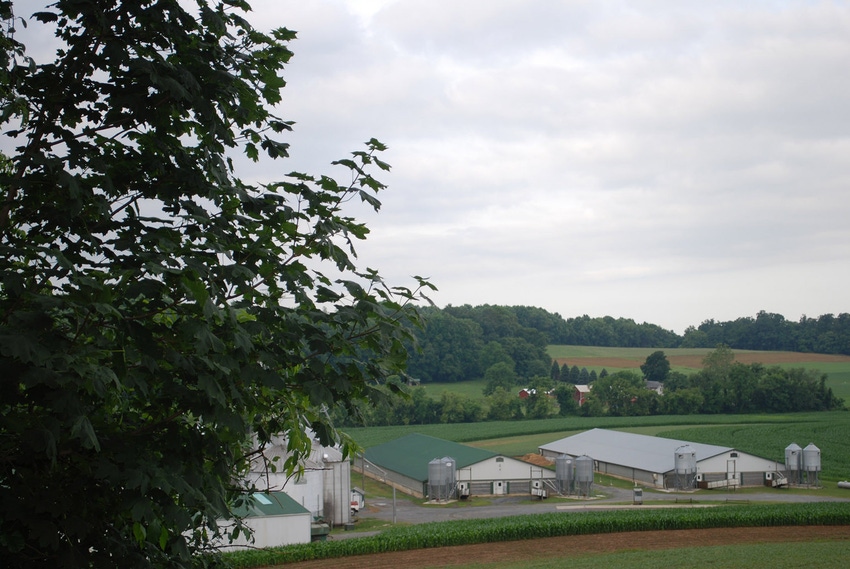U.S. pork industry safeguards natural resources through We Care
Respect for the earth and its natural resources is part of the U.S. agricultural heritage and America’s pork producers are dedicated to preserving that legacy.
April 30, 2018

In light of a recent court ruling in North Carolina regarding hog production, the National Pork Board is sharing the strong record the U.S. pork industry has on the environment and sustainability efforts.
“Sustainability on the farm is an ongoing commitment by pig farmers today,” says Terry O’Neel, National Pork Board president and a Nebraska pig farmer. “As an industry, farmers are committed, through ongoing environmental sustainability efforts, to safeguard natural resources for future generations.”
Over the last decade, the United States has played a leading role in advancing animal agriculture’s environmental and conservation efforts. Respect for the earth and its natural resources is part of the U.S. agricultural heritage and America’s pork producers are dedicated to preserving that legacy. Long-term efforts have helped pig farmers raise more pork using fewer natural resources than ever before.
A key reason is new technology in place on farms across the country which improve sustainability and air quality, preserve soil quality and reduce land, water and energy use. In a 50-year look-back completed by the University of Arkansas in 2012 — and which is currently being updated with data through 2015 — U.S. pig farmers had reduced land use by 78%, reduced water use by 41%, and had a carbon footprint that was 35% smaller. Preliminary data over just the past five years shows continued progress.
Additionally, pig farms throughout the United States carefully manage the manure that is produced, and do so according to the requirements of all environmental permits and regulations. Manure is a valuable nutrient resource for the production of all crops, and is applied to fields in accordance with agronomic needs of the crop and according to state and federal regulations.
“Pig farmers learn from the examples of others and we routinely share best practices,” says O’Neel. “That’s the motivation behind the development in 2008 of our We Care platform and its six ethical principles of production.”
We Care, which marks a decade of commitment this year, includes steps to:
• Produce safe food
• Protect and promote animal well-being
• Ensure practices to protect public health
• Safeguard natural resources
• Provide a safe work environment
• Contribute to a better quality of life in our communities
About the Author(s)
You May Also Like



